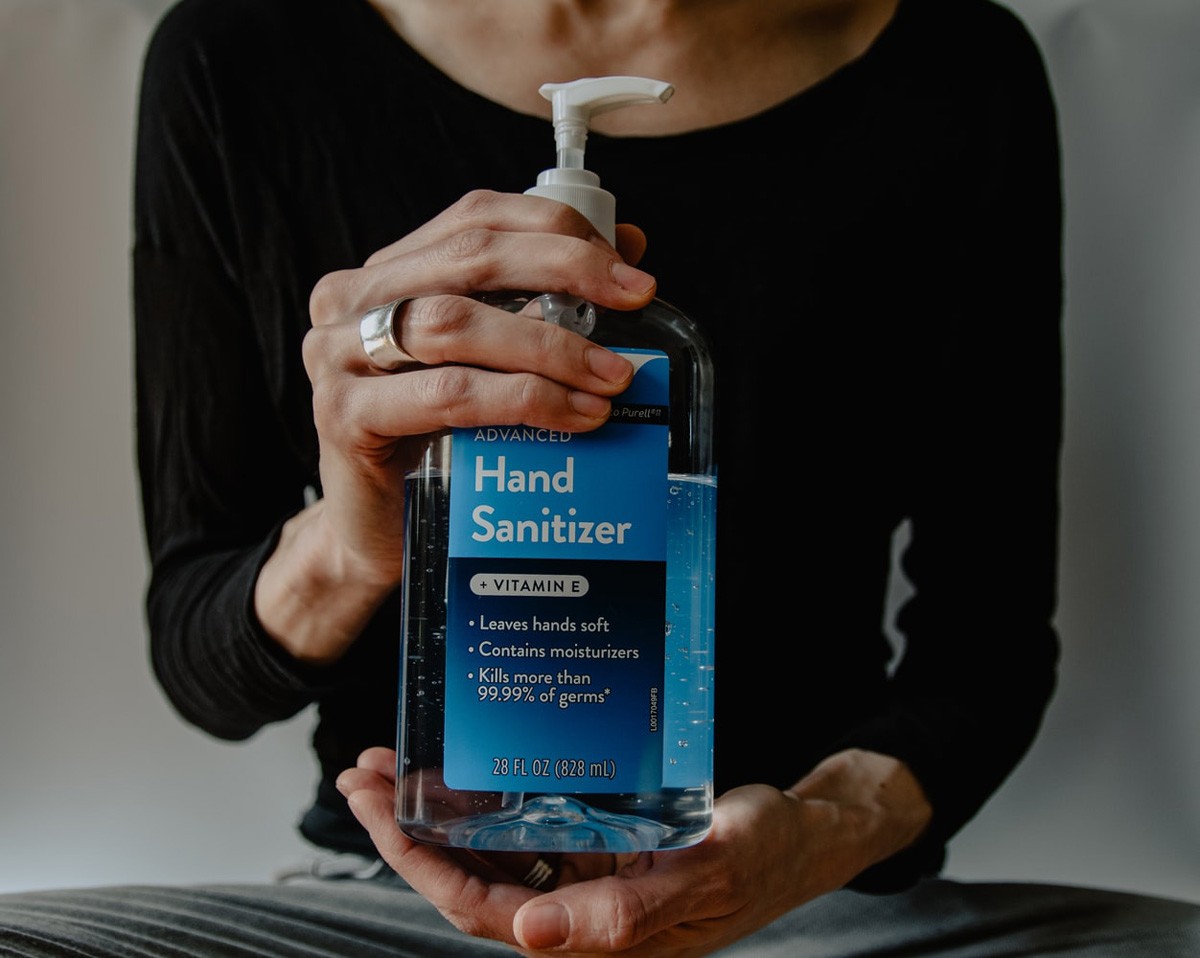The wage and hour Division of the federal DOL held a town meeting today to address the Families First Coronavirus Response Act (FFCRA), and we were able to attend remotely. While many questions remain, what is clear is that there are still more questions than answers at this point.
IMPORTANT NOTE and DISCLAIMER:
We are sharing what we learned today and what we have gathered from other coordinating sources, but we do so with the limitation and clear notice that this is not to be considered legal advice and our colleagues should not rely upon this summary in order to provide legal advice.
This is a summary of the new provisions of the Families First Coronavirus Response Act (FFCRA), which is itself, a work in progress, at least with respect to how it will be interpreted and implemented. We are limited by limited information and yet, as this is such an urgent and important issue, we are sharing what we know, or think we know so far.
For the most accurate information we recommend you refer to the bill itself (H.R. 6201) and that you keep checking for the regulations and model notice from the DOL and the Treasury site (as to the applicable guidance for tax and credit issues).
DOL TOWN HALL
The presentation today, 3/20/2020, focused on two provisions of the law: Emergency Medical Leave Exemptions Act and the Emergency Paid Sick Leave. The information provided was very general, the “connectivity” for the remote access was less than optimal, many of us had problems accessing the written materials, and in the end there were far more questions than answers.
MY TAKE:
What the presentation made clear is how little anyone knows about how this law might be implemented.
THE BASICS
• We are told the effective date is 15 days after enactment (3/18/2020),
• By my count that makes the effective date April 2nd.
• The legislation “sunsets” as of 12/31/2020.
• Regulations are pending, but not ready
• The DOL hopes to have a model notice for the required Employer posting requirement in 7 days
• The Legislation generally applies to employers with fewer than 500 employees
• Employers of health care providers and of first responders are excluded
• Employers with fewer than 50 employees may be eligible for an exemptions where compliance would jeopardize the business as a going concern
• There are limitations to right to reinstatement for employers with fewer than 25 employees
• The law provides an extension to the FMLA to eligible employees working for covered employers, that would provide up to 12 weeks of leave for emergency related circumstances including the employees own illness and the need to care for others- as defined by the law
• The legislation provides wage replacement benefits under certain circumstances and in varying amounts as detailed, protection against discrimination and against termination and discipline. There are also certain rights to reinstatement.
• employers pay the wage replacement benefits in the first instance and will be eligible for repayment from the government in ways to be articulated, but likely to include tax credits.
THE DETAILS
The government is working diligently to issue regulations, but not surprisingly, they are not yet available. Indeed, the vast majority of the time spent at this town meeting was focused on receiving questions from participants. The Department of Labor representatives did not, and in fairness, probably could not, answer any of the questions posed. This was simply an effort to offer preliminary guidance in the most general of terms. It was as much an opportunity to raise questions and concerns, which will presumably be passed on to those issuing regulations at the various agencies.
















